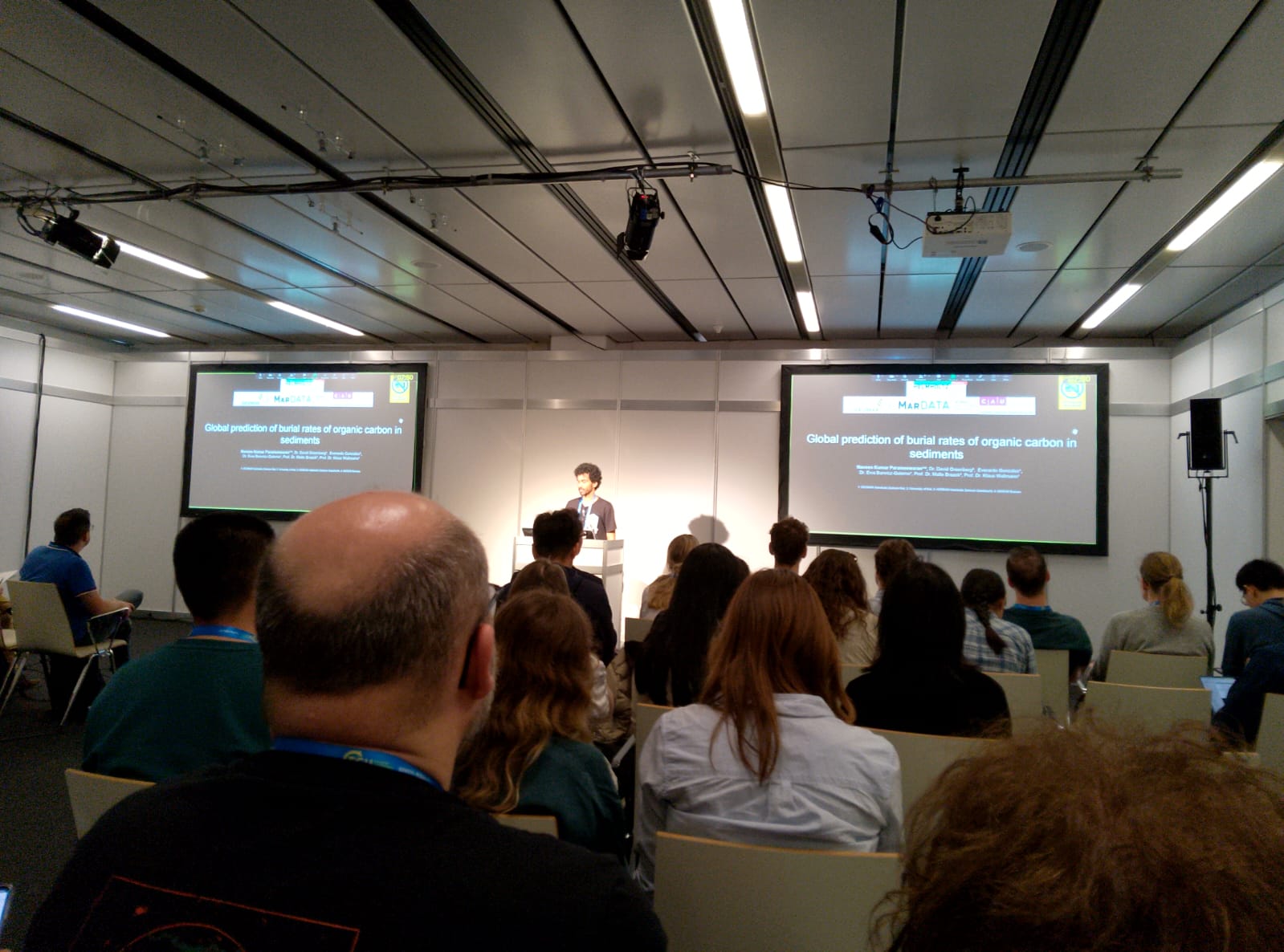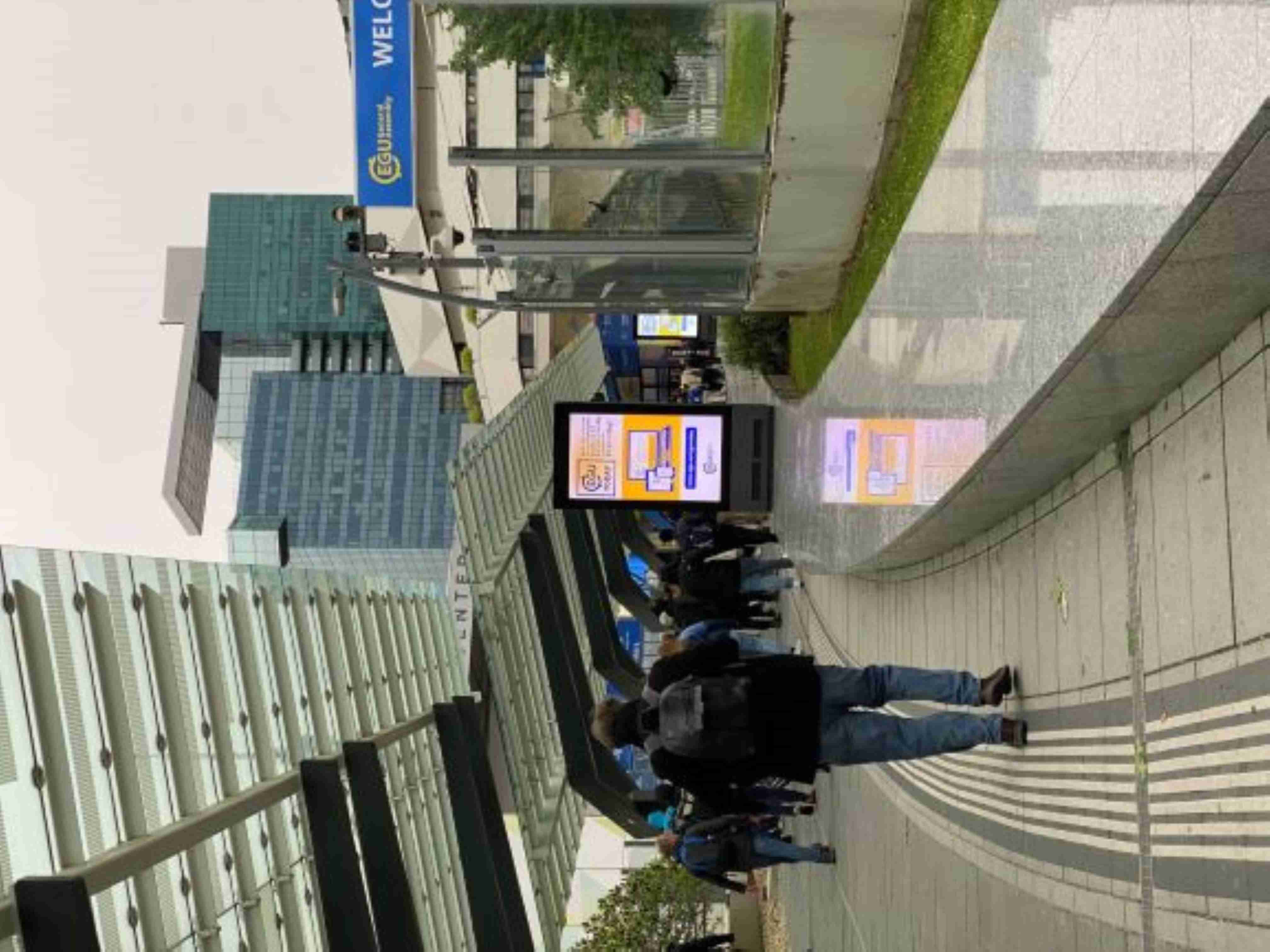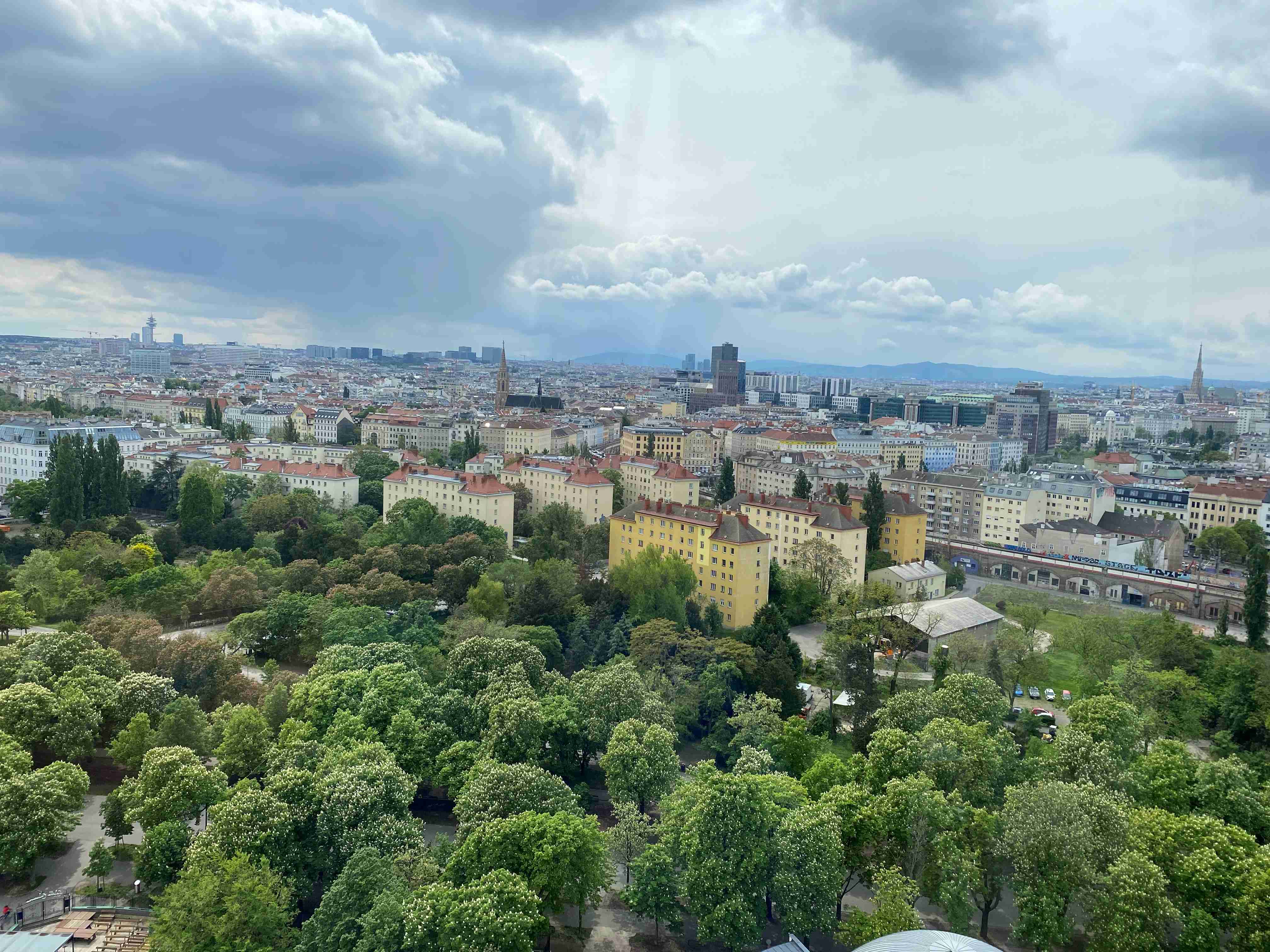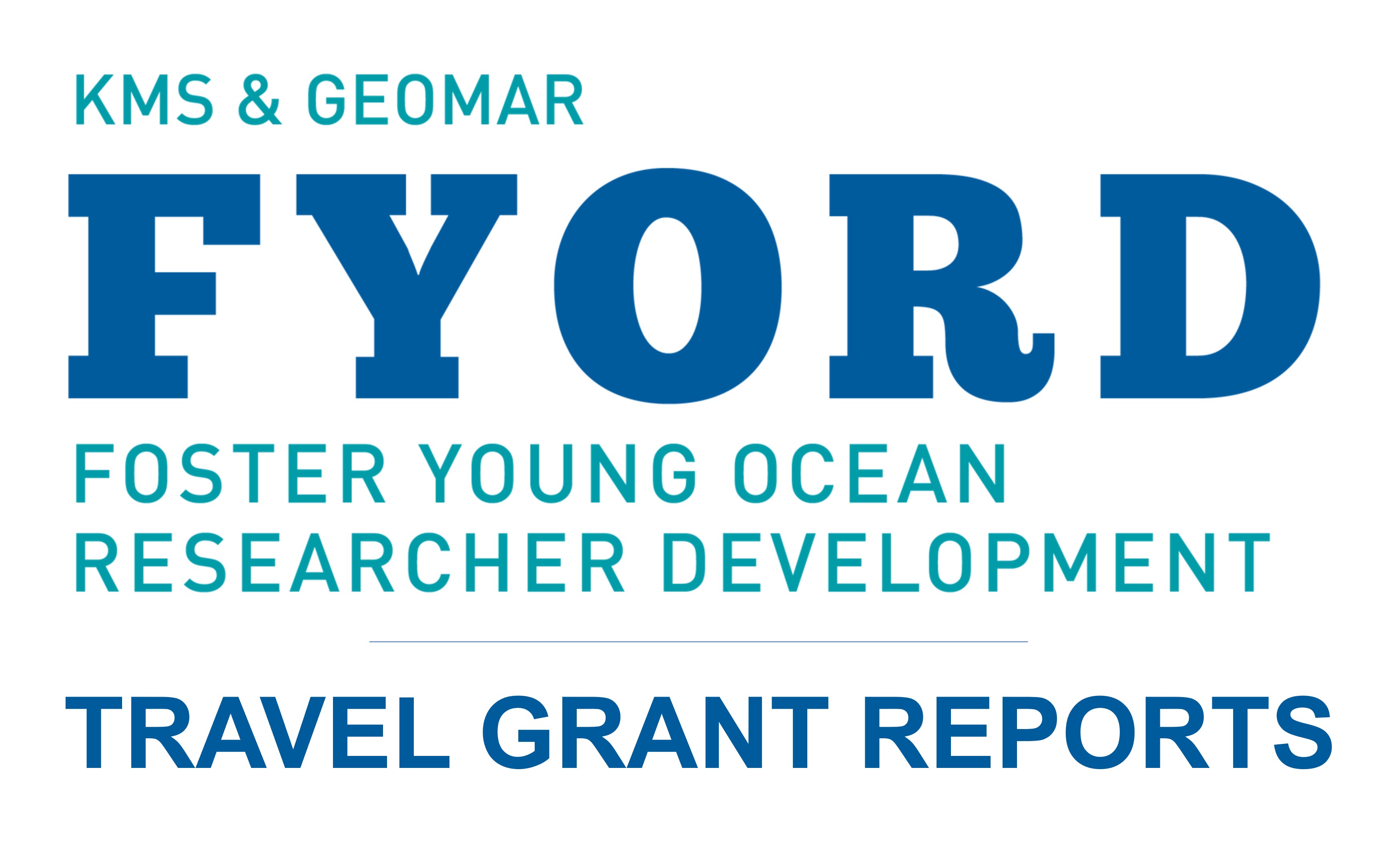EGU is the largest European geoscientific conference, and it is no surprise that many FYORD members attended. This month for the FYORD Travel Grant reports you will find some more EGU reports. Stay tuned to find out where the FYORD members travel to in the next month!
Naveen’s impression of EGU 2024
I am Naveen, in my third year of my PhD. I am part of the MarDATA graduate school, affiliated with both GEOMAR Helmholtz Centre for Ocean Research and the University of Kiel. I have a background in scientific computing. My interest in machine learning led me to apply for this interesting project in MarDATA, which revolves around the application of machine learning in the global prediction of total organic carbon burial rates in marine sediments.

As an interdisciplinary researcher, I find the European Geosciences Union in Vienna to be the perfect platform to network with other researchers working in the field of machine learning and geosciences. In the past, I always presented my work in a machine learning session, and this was the first time I presented in an ocean biogeochemistry session. I needed the feedback from the people who actually use my results, and this was a perfect way to do it. I presented my work in front of people, whose names I had previously only on papers that I cited. When I shared the same podium with them, I felt very much part of the science community.
Though it triggered my intrinsic imposter syndrome, I felt very much welcome. Even though machine learning was not the strongest field in the session, the topic was still welcomed by the researchers. They were eager for my publication, that is in preparation. I received a lot of feedback and ideas for my work, which I can implement and think about in the next phase of my research. EGU24 was also a doorway to numerous interesting works, plenary sessions from your idols, and workshops that cater to the needs of ECRs like myself.
I always found it challenging to choose between different parallel talks and sessions. Five days of conference can be long and taxing, with the number of inputs that you have to take in. But at the end of all the talks and the poster sessions, we could always relax with the beer with the attendees there and share a light moment for dinner. From the traditional pasta dinner on the welcome day to the final beer on Friday, there was always something to look forward to, to learn about, to cherish, to wonder, to think. For an ECR, it might be a bit overwhelming, but you feel part of the community very easily here. On the whole, I would recommend all the ECRs to attend this conference and I would definitely be there next year.
Naveen Kumar Parameswaran
Science in a Crowd
EGU is one of the largest geoscience conferences and attended by researchers from all over the world. It is informative, thought-provoking, and exciting to learn about the latest in geoscience research. However, it is also loud, crowded, and overwhelming!
My name is Rebecca Englert and I am a postdoctoral researcher in the Marine Geophysics and Hydroacoustics group at Kiel University. I am from Canada and because I completed my education at Canadian institutions, I never had the opportunity to attend EGU before – it was too far and expensive compared to North American conferences. When my current supervisor asked who wanted to attend EGU, I raised my hand and was able to attend this past April with the help of a FYORD travel grant.

Walking up to the main entrance of the conference venue
My research is in marine sedimentology and I study how sediments, such as mud and sand, are transported by currents in the ocean. My work is inherently multidisciplinary and draws on aspects of oceanography, sedimentology, geophysics, and geomorphology. This made EGU the perfect venue for sharing and learning about topics related to my research because it includes a broad range of sessions.
Overall, I had a productive and valuable experience at EGU. I presented a poster on my recent work, which investigates the formation of sediment waves (undulations on the seafloor) along the northwest African margin. I attended a variety of sessions on different topics, which I understood to varying degrees but always learned something from the experience. There were also many non-scientific sessions that were very useful about how to manage a career in research.

View of Vienna, Austria, where EGU takes place each year
I would recommend attending EGU to anyone looking to broaden their network or knowledge, or perhaps efficiently connect with colleagues from around the world. However, some planning is certainly required to make the most of the experience. The schedule and the venue are huge and it can take 10 – 20 minutes to find your way between sessions amongst hoards of people. It is easy to miss an event that is relevant. Although overwhelming at times, I was able to make many new contacts and reconnect with old colleagues – there were always friendly faces in the crowd.
Rebecca Englert
